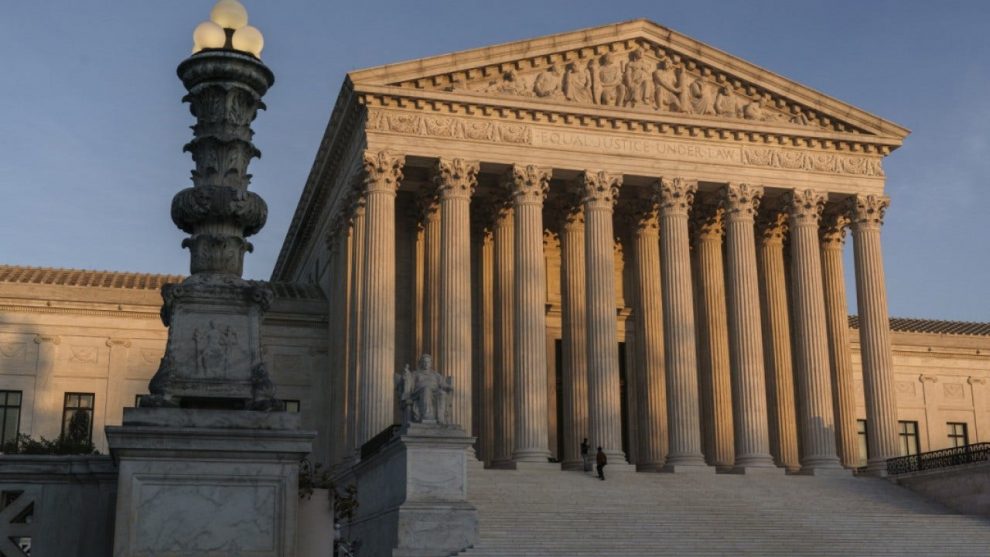The Supreme Court ordered the Biden administration on Thursday to stop enforcing the federal eviction moratorium recently extended to October.
In a 6-3 decision along ideological lines, the high court ruled that the moratorium, which has prohibited landlords from evicting low-income tenants since its implementation in March 2020, would need congressional authorization to be continued. The decision potentially exposes about 12 million Americans, who reported having little to no confidence in being able to make their next rental payment, to imminent eviction.
“It would be one thing if Congress had specifically authorized the action that the CDC has taken,” the Supreme Court ruling said. “But that has not happened. Instead, the CDC has imposed a nationwide moratorium on evictions in reliance on a decades-old statute that authorizes it to implement measures like fumigation and pest extermination.”
“It strains credulity to believe that this statute grants the CDC the sweeping authority that it asserts,” it continued.
Nearly 7.5 million U.S. households are behind on rent, and approximately 3.6 million say they will likely be evicted in the next two months, according to a Census Bureau survey released earlier this month.
On Aug. 3, the Centers for Disease Control and Prevention extended the moratorium until early October. The new directive was tailored to apply to regions with “substantial and high levels” of coronavirus transmission, or roughly 95% of all U.S. counties.
The White House initially signaled it wouldn’t extend the moratorium beyond its previous expiration date, but the administration changed course after pressure from Democratic members of Congress. Supreme Court Justice Brett Kavanaugh said the previous moratorium may stay in place, but could only be extended with congressional approval in a June order.
The Georgia and Alabama chapters of the National Association of Realtors filed an emergency motion after the CDC extended the moratorium, citing Kavanaugh’s concurrence.
The plaintiffs, representing landlords and property owners, also cited remarks by President Joe Biden indicating that the moratorium was extended in order to tie up the court system.
“I can’t guarantee you the Court won’t rule that we don’t have that authority, but at least we’ll have the ability to — if we have to appeal — to keep this going for a month, at least,” Biden told reporters. “I hope longer.”
A federal court in Washington upheld the new moratorium, ruling that while its legality is dubious, Kavanaugh’s opinion “tied” its hands. A panel of judges from the Court of Appeals for D.C. affirmed the lower court’s ruling last week, opening the door to Supreme Court review.
The Biden administration asked the Supreme Court to uphold the new moratorium in court documents filed Monday.
Earlier in the day, the Treasury Department acknowledged that 89 percent of the $46.6 billion allocated by Congress to assist low-income renters during the pandemic hasn’t been distributed by the states.
Most states have distributed less than 14 percent of the Emergency Rental Assistance program funds that the federal government awarded them.
The NAR didn’t immediately respond to a request for comment.
Story cited here.
























